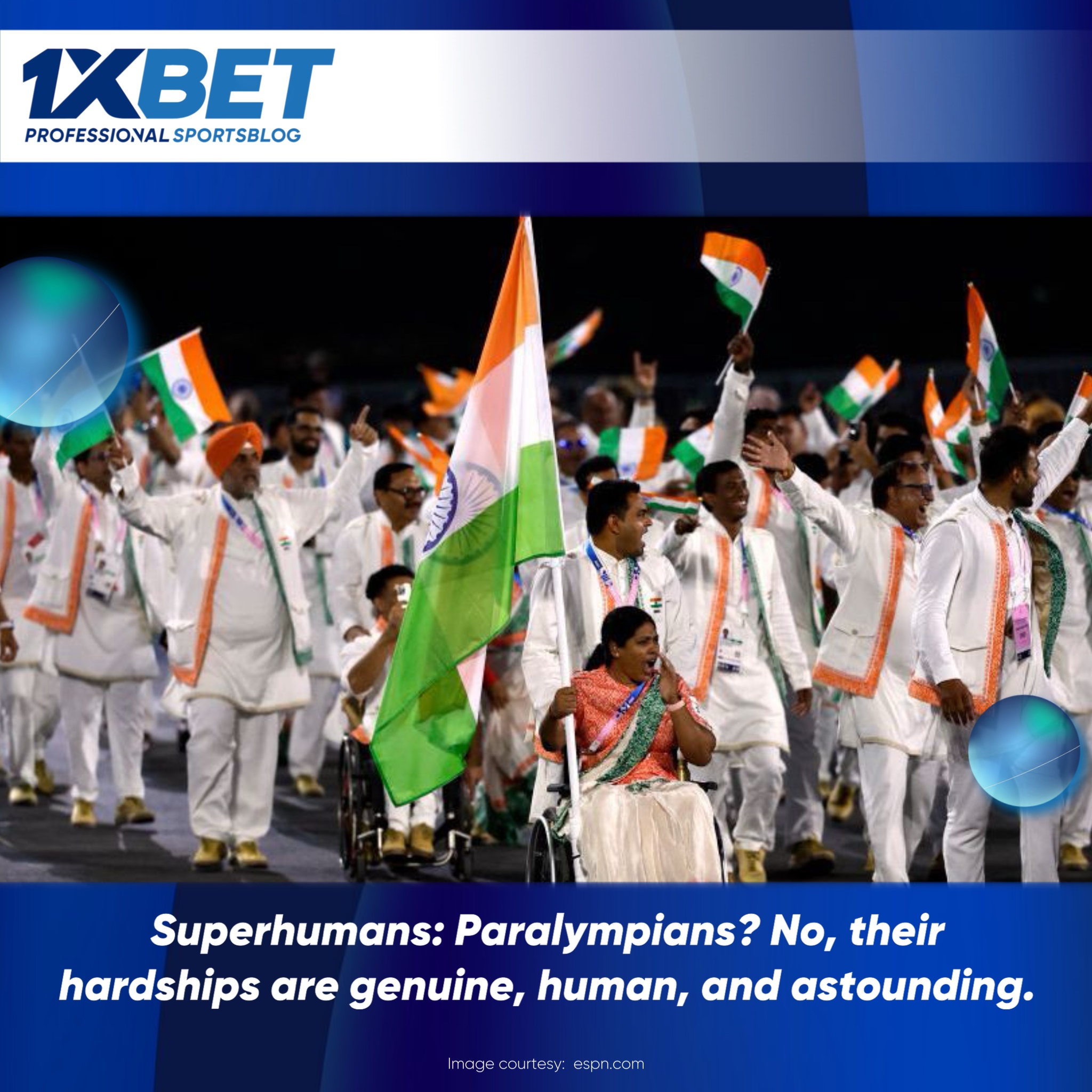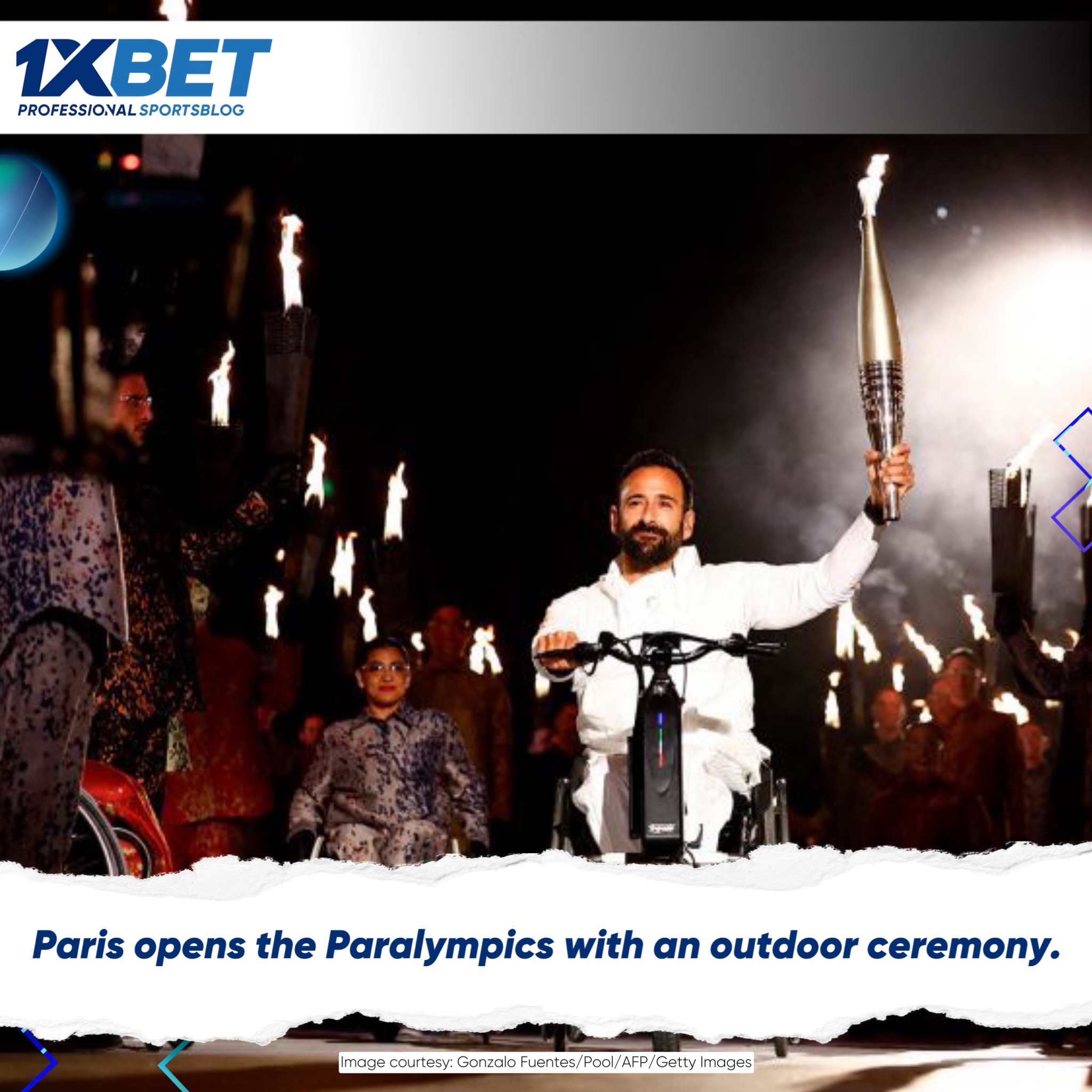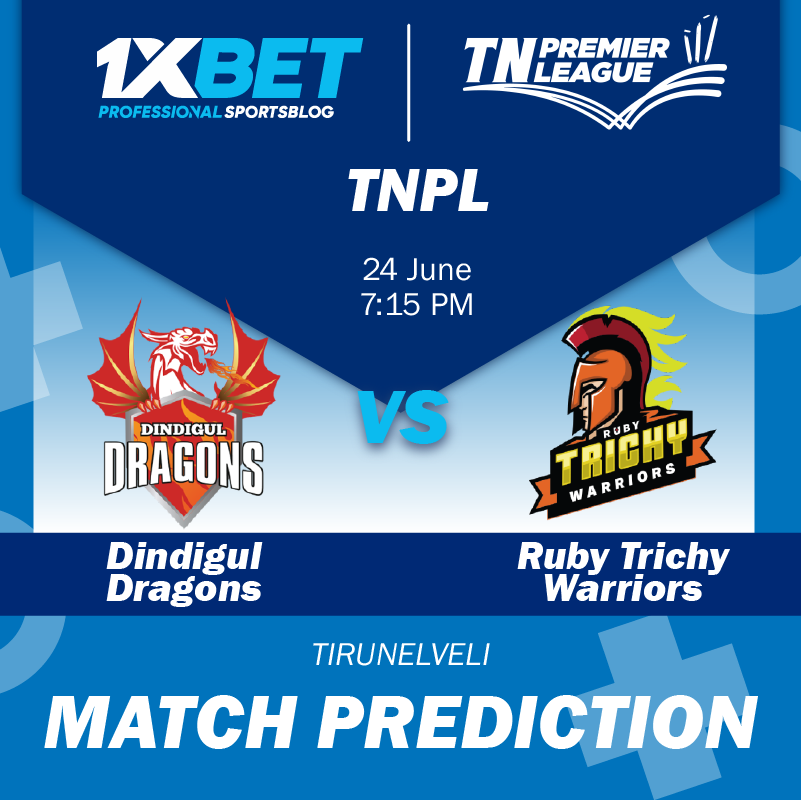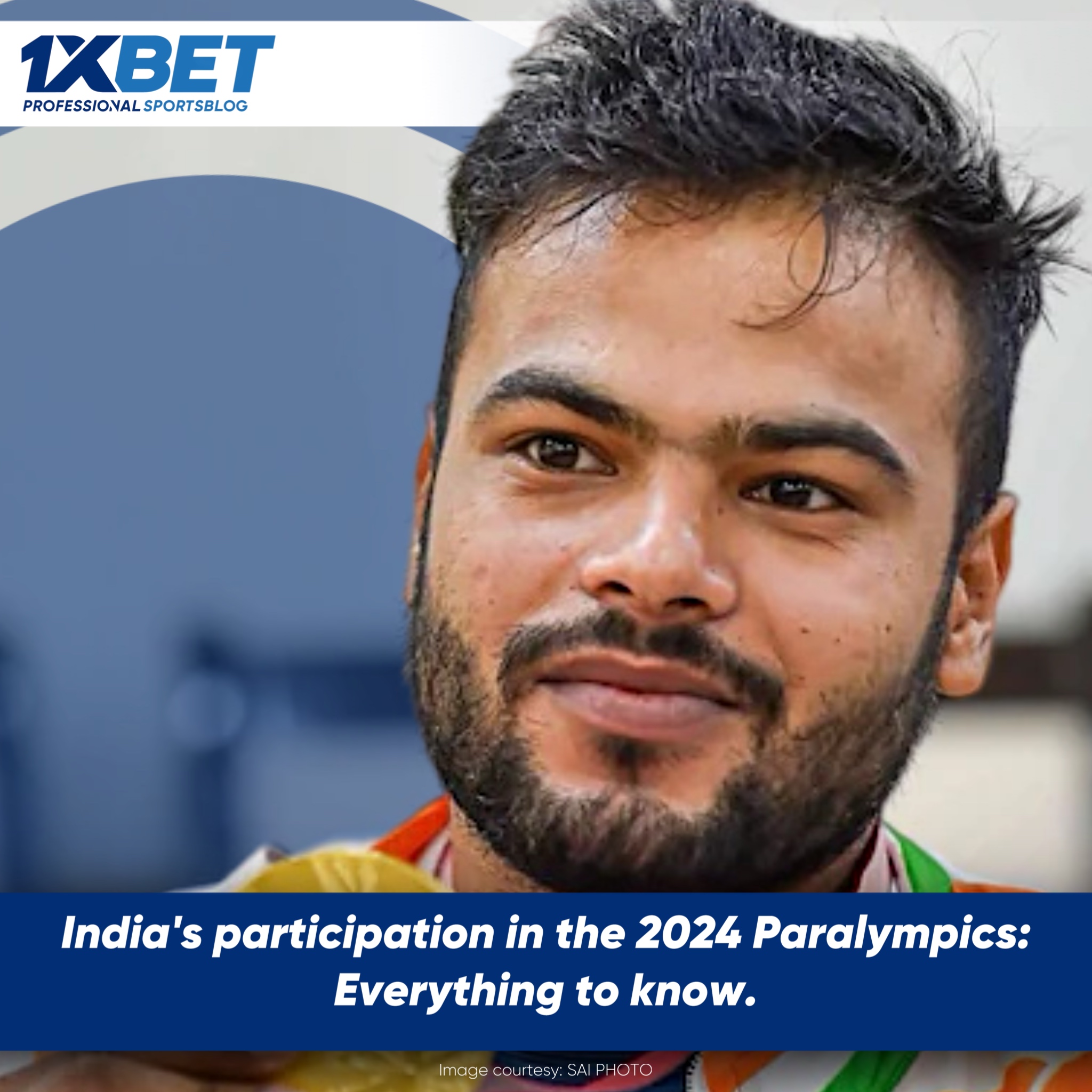Paralympians: Mighty, Not Superhuman

Ahead of the Rio Paralympics in 2016, British television network Channel 4 ran an advert called "we're the superhumans". It's a common theme you'll hear as the Paris Paralympics gets underway; these athletes being called superhuman.
It's way off the mark, though. In popular comic culture, superhumans are either born with select advantages or are genetically modified by careful experiment or freak accident. There's an element of luck to this, of circumstance, for these abilities being formed that are superior to the regular human condition.
None of that is true for a Paralympian - and that's why it's such a disservice to call them that. Peter Parker didn't suffer polio when he was a year old and get put in a wheelchair as a child. He didn't grow up in a small village in rural Gujarat being told 'You're a girl, and you can't do anything. What will you do when you grow up?' He didn't have to depend on his guardians carrying him everywhere. Bhavina Hasmukhbhai Patel did. She went through all of that and became India's most decorated table tennis player.
There was nothing accidental about her rise. To go from being sat in a wheelchair to dominating a sport which demands constant side-to-side motion, where constant in-out feet movement is replaced by stretching from a seated position, takes a whole new kind of determination. Radioactive spiders have nothing on sheer human will.
Think of what these Paralympians do, what they have gone through, how they pull off such impressive sporting feats. Now imagine being a 48kg woman bench-pressing 94kg and doing that with your legs (which you cannot use) strapped to the bench, lifting this mammoth weight using pure upper body power. That's what Sakina Khatun did to win the 2024 national championship.
Afflicted by polio at a young age, she went through four surgeries to survive it, took up swimming as rehab, and from there power lifting -- where she was taunted by widespread (and easily expressed) sentiments that the sport was for men, that her shoulders would get too manly. She's now a Commonwealth Games bronze medalist, an Asian Para Games silver medalist, a two-time Paralympian. And she has the shoulders of a warrior goddess.
Or consider for a moment that you're a soldier in the Indian Army and one day, in an operation along the LOC, you lose a limb to a landmine blast. Thigh down, they amputate your left leg. You convalesce from that, recover from the depression of the realization that you will never be the same again, shake yourself up from the paper-pushing admin role you thought would be the rest of your life and become an elite para-athlete.





